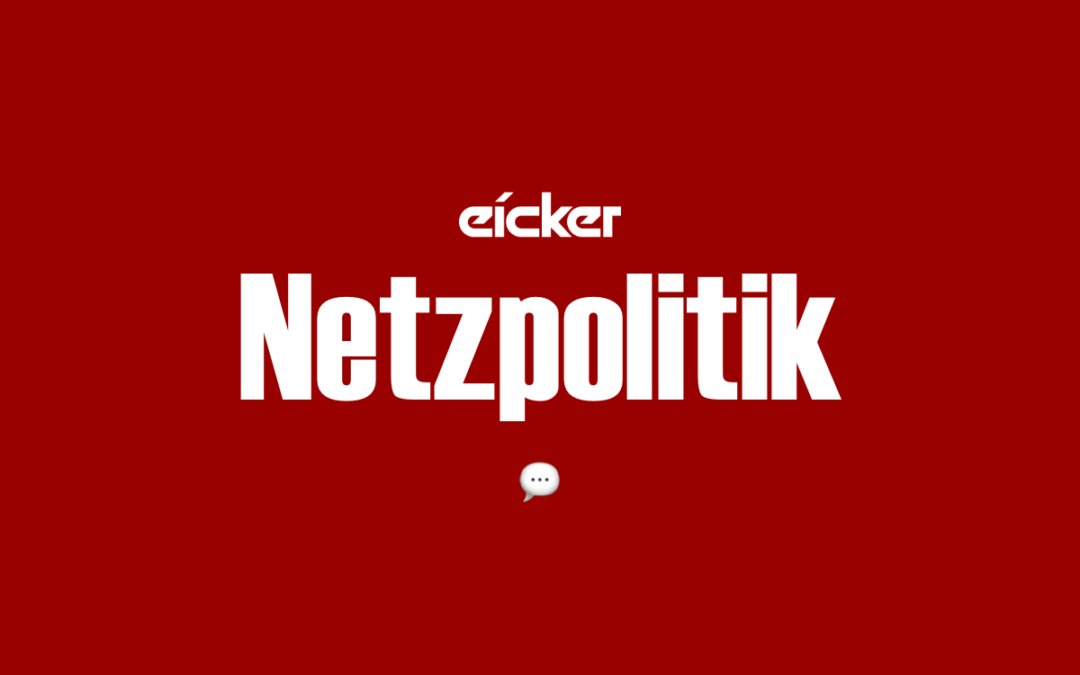eicker.TV gibt es als Vlog auf YouTube, TikTok, Instagram und zusätzlich als Podcast auf SoundCloud: Der Podcast kann bei Apple, Google, Spotify und über viele weitere Podcastclients abonniert werden.
Selbständigkeit bei Plattformen
„California passes Prop 22 in a major victory for Uber and Lyft – Measure was backed by some of Silicon Valley’s most powerful tech companies and became most expensive proposition campaign in state history – Uber and Lyft have won a major victory in their battle to continue classifying drivers as contractors, not employees, following the passage of a ballot measure that exempts them from a California labor law. … Drivers and labor groups opposed Prop 22, saying it would allow companies to sidestep their obligations to provide benefits and standard minimum wages to their workers even as they make billions. … Gig Workers Rising, one of several California groups that organizes app-based workers and opposed the initiative, called the victory a ‚a loss for our democracy that could open the door to other attempts by corps to write their own laws‘.“
The Guardian
Gesichtserkennung verboten
„Portland, Maine has voted to ban facial recognition – Private citizens are entitled to a minimum of $1,000 in fines if they are subjected to a facial recognition scan by police … The new measure also adds concrete penalties, entitling private citizens to a minimum of $1,000 in civil fees if they are surveilled in violation of the ordinance. Violations of the ordinance are also established as grounds for terminating or suspending a city employee. Private sector use of the technology is not affected. – Portland is just the latest city to swear off the technology, following previous bans by Boston, San Francisco, and Portland, Oregon. In June, congressional Democrats introduced a bill that would institute a similar ban at the federal level, barring all federal law enforcement agencies from employing facial recognition.“
The Verge
Reparaturen: Right to Repair
„Massachusetts voters pass right-to-repair expansion opening up car data – Voters approved a measure giving car owners and mechanics access to detailed telematics info. – One election night issue that has appears to have an answer already is the passage of Question 1 in Massachusetts, which asked voters to strengthen laws guaranteeing people are able to repair things they own. In this case, it focused on cars, preventing manufactures from locking third party repair shops and car owners out of advanced telematics data that’s increasingly being collected by vehicles via driver assistance tools.“
Engadget
Ethereum 2.0 im Dezember
„Ethereum 2.0 Set to Launch on December 1 – Version 1.0 of the Ethereum 2.0 specifications has been released and if all goes to plan, the blockchain upgrade should happen at the beginning of next month. – The first version of Ethereum 2.0 is set to launch on December 1, according to an Ethereum Foundation blog post today, as long as certain criteria are met. The blockchain upgrade, which moves the network toward a proof-of-stake consensus mechanism, will allow Ethereum holders to stake their coins to help run the network, instead of mining blocks as is currently the case. – As long as there are 16,384 validators on the network, it will go live on December 1 at 12pm UTC. Each validator will need to be staking 32 Ethereum, currently worth $12,700 – for a total amount of $209 million.“
Decrypt
„What is Ethereum 2.0 and Why Does It Matter? – The long-planned upgrade to the Ethereum network aims to solve problems with the network’s scalability and security. In its first phase, the blockchain ‚world computer‘ will switch to a proof of stake consensus mechanism. … The major update aims to address the network’s scalability and security through a number of changes to its infrastructure – most notably, the switch from a proof of work consensus mechanism to a proof of stake model. … Ethereum 2.0, also known as Eth2 or ‚Serenity‘, is an upgrade to the Ethereum blockchain. The upgrade aims to enhance the speed, efficiency, and scalability of the Ethereum network so that it can process more transactions and ease bottlenecks. … While Ethereum 1.0 uses a consensus mechanism known as proof of work (PoW), Ethereum 2.0 will use a proof of stake (PoS) mechanism.“
Decrypt
